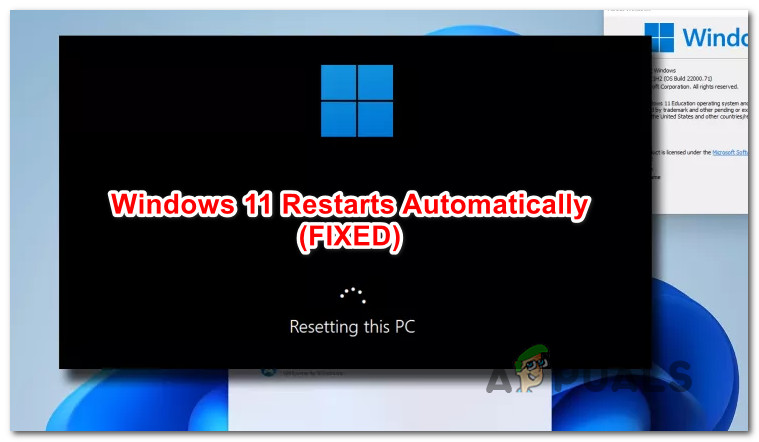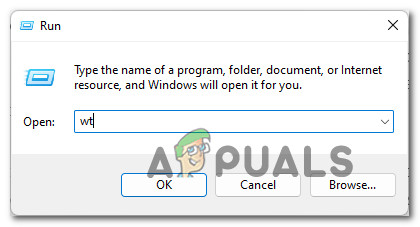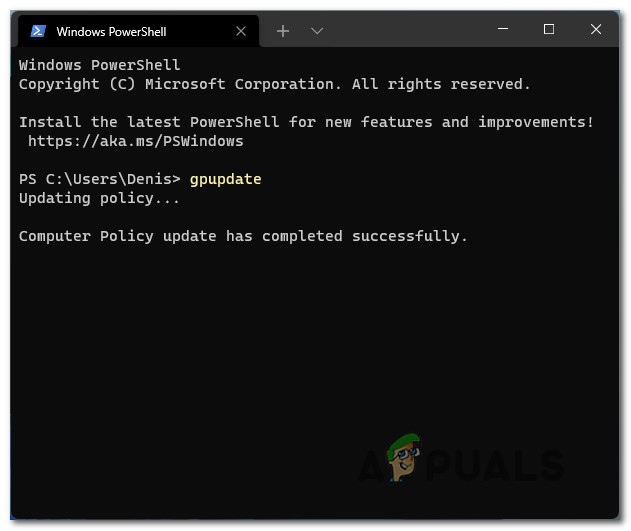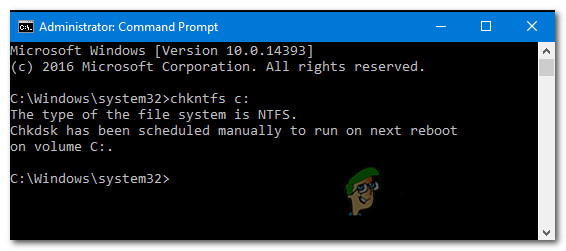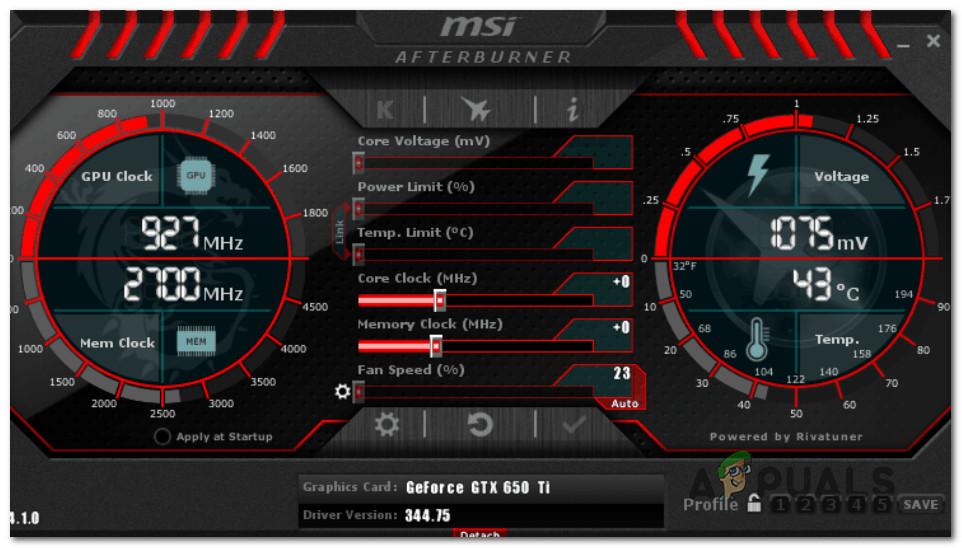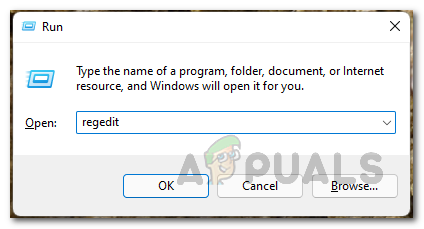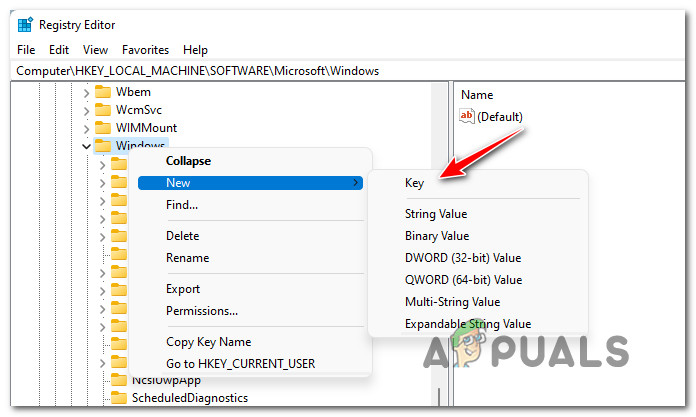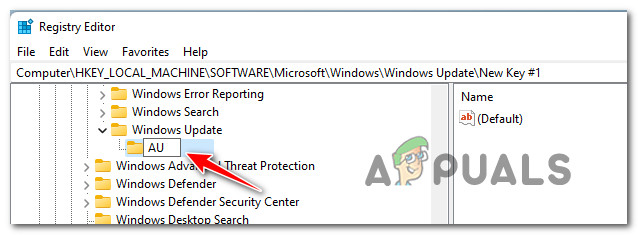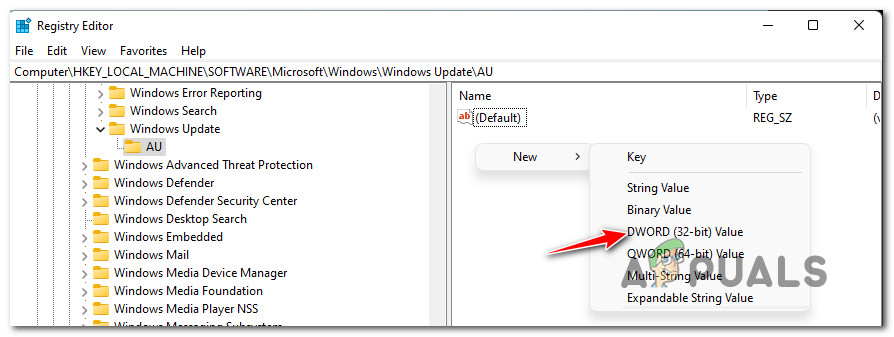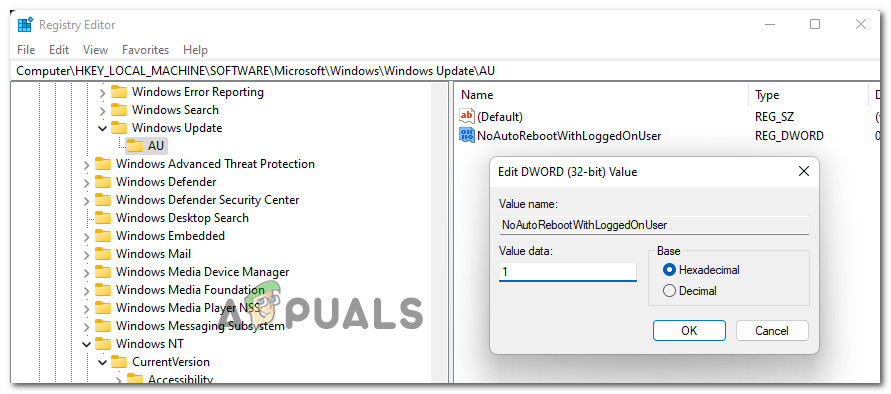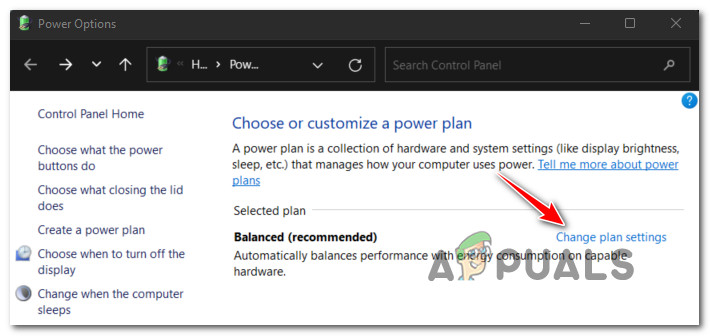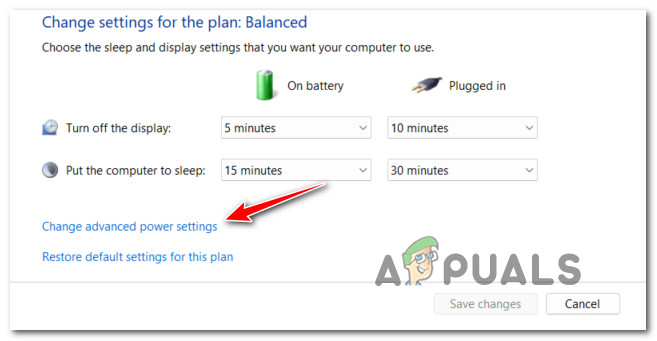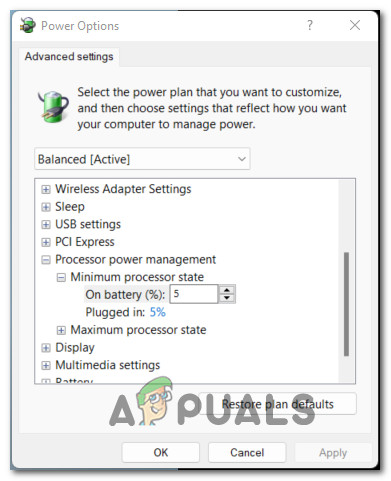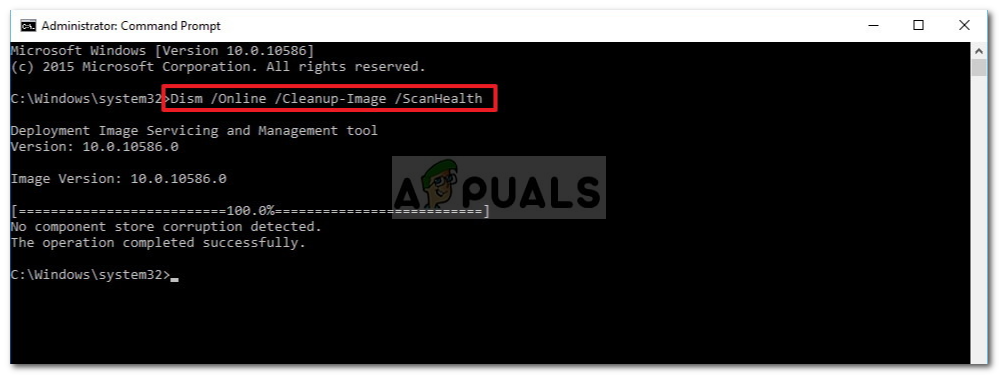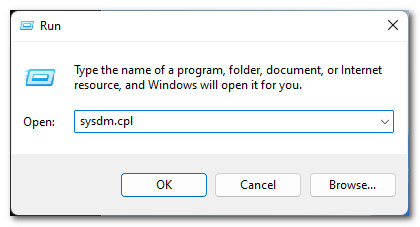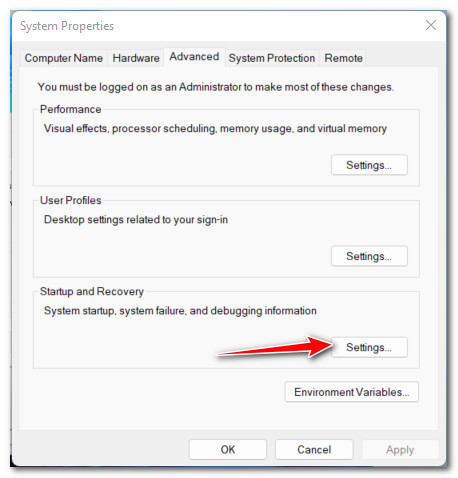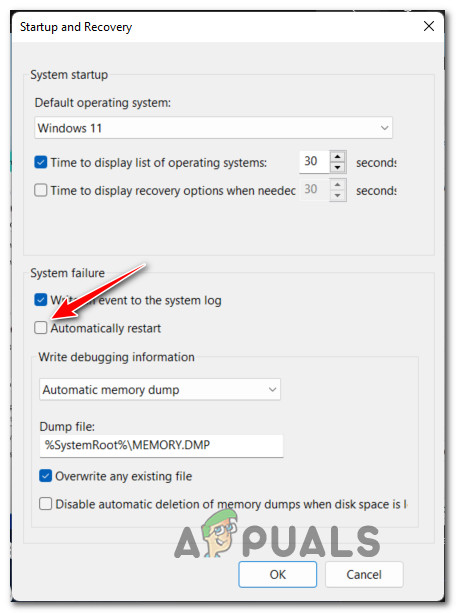After investigating this particular issue thoroughly, it turns out that this problem can have more than one potential cause. In fact, there are several different culprits that might be responsible for causing this behavior on Windows 11. Here’s a list: Now that you are familiar with every potential issue that might determine your Windows 11 computer to restart itself randomly, here’s a list of verified fixes that other users finding themselves in a similar situation have successfully used to fix this issue permanently:
Update the group policies via CMD
If you’re starting to encounter this issue immediately after upgrading to Windows 11 from an older Windows version, the first thing you should do is ensure that the issue is not being caused by some incorrectly migrated group policies. This is fairly common with insider builds of Windows 11, so if this scenario is applicable the first thing you should do is update all your group policies from an elevated Windows Terminal prompt. Note: Windows Update should eventually update these group policies automatically – this method will speed up the process. Follow the instructions below to use an elevated Windows Terminal prompt to update all your group policies via a CMD command: If the same kind of issue is still affecting your PC as you’re still dealing with random restarts, move down to the next potential fix below.
Running a CHKDSK scan
Another potential reason why you should expect to be experiencing these random restarts is a situation where you’re actually dealing with failing storage sectors that are preventing your operating system from accessing certain sub-components. A failing drive usually means you will have to replace it at some point, but you might be able to prolong the life of your current storage device by running a CHKDSK scan from an elevated Command prompt. After you run this scan and the CHKDSK utility successfully replaces the failing sectors with unused equivalents, reboot your PC and see if the problem is fixed once the next startup is complete. In case you’re still experiencing the same kind of unexpected system restarts, move down to the next potential fix below.
Revert overclocking or increase undervolted components (if applicable)
Another potential reason why you might see these unexpected system restarts is if you recently modified the voltages or frequencies of your RAM, CPU, or GPU – doesn’t matter if you overclocked or underclock them. Underclocking for the sake of utilizing a sub-par PSU or overclocking in order to get an extra power boost can both affect the stability of your OS and produce unexpected restarts. If you find yourself in this particular scenario, you will likely keep experimenting with different voltages until you find a stable build. Note: If you are underclocked, our recommendation is to go for a more powerful PSU because the system instability is likely to continue regardless of what tweaks you make. If you tried adjusting the values and you still can’t find a stage build, the best course of action (if possible) is to revert all overclocking or underclocking changes back to their default values. In case this method was not applicable or you already applied it and you’re still seeing how your Windows 11 restart unexpectedly, move down to the next potential fix below.
Stop auto reboots caused by WU
I don’t know if you noticed but, Windows 11 is way more aggressive with installing pending updates and doesn’t really shy away from restarting your PC (even without your consent) when certain important updates arrive. If this is the reason why you’re experiencing unexpected system restarts, you can ensure that the issue doesn’t occur again by using the Registry Editor utility to create a registry key that will prevent Windows 11 from restarting itself automatically when a new update is available. Follow the instructions below for step-by-step instructions on creating the NoAutoRebootWithLoggedOnUser key via Registry Editor and prevent the unexpected restarts from occurring again on Windows 11: In case the same issue is still occurring, move down to the next potential fix below.
Adjust the minimum processor state and Link state Power Management (if applicable)
If you’re experiencing his issue on a laptop or ultrabook (or something with a battery), you should also consider the fact that the problem might occur due to an aggressing power management setting that will automatically switch of your PC when it’s forced to perform resource-intensive tasks while utilizing power from the battery. In case you find yourself in this particular case, follow the instructions below for step-by-step instructions to re-configure your power management settings and ensure that the system interruption is not occurring due to an aggressive battery management setting: In case the same type of issue is still occurring, move down to the final potential fix below.
Disable Automatic Restarts on System failure
If none of the methods have been effective so far, you need to take into consideration that some kind of system failure is causing your Windows 11 computer to trigger a restart in order to prevent your hardware components from getting damaged. If you’re dealing with a file corruption-induced system restart, you should take the time to deploy SFC and DISM scan scans first. If you have determined that you’re dealing with a system failure that doesn’t affect the health of your hardware internals, one way to ensure that the unexpected restarts stop occurring is to modify the Startup and Recovery menu. Follow the instructions below to access the System Properties screen and modify the default behavior for System failure:
Fix: iPhone and iPad Reboots Randomly Due to Date/Time iOS BugHow to Enable Persistent Camera2 API on Xiaomi Mi A2 Across RebootsMicrosoft’s Bing Wallpaper App Automatically Sets Bing’s Daily Photos As Your…Fix: Windows 10 Mail App Not Syncing Automatically
